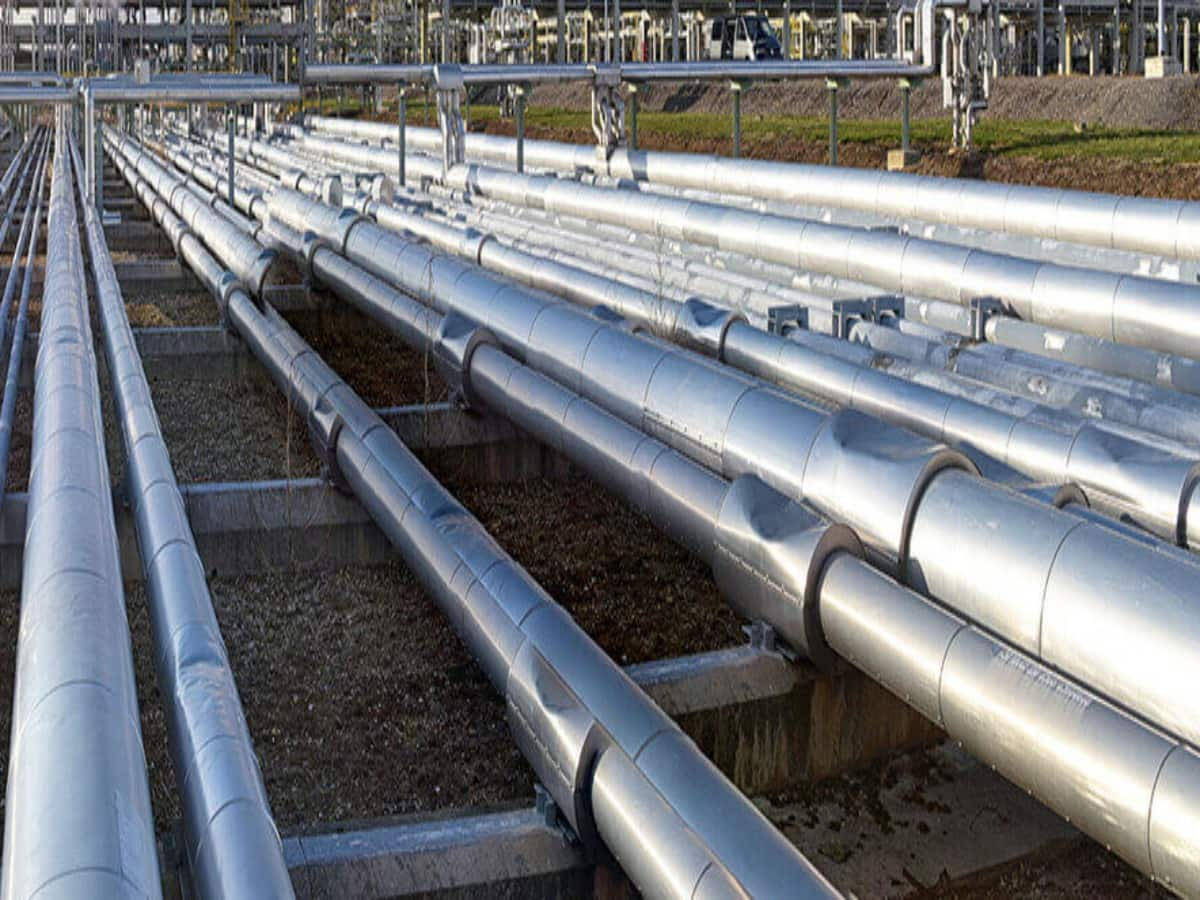Government Extends Anti-Subsidy Duty on Imported Stainless Steel Pipes
The Indian government has announced an extension of the anti-subsidy duty on welded stainless steel pipes originating from China and Vietnam for an additional five years. Initially implemented in September 2019, this duty aims to protect domestic manufacturers from the negative impacts of subsidized imports that threaten their competitiveness in the market. According to a notification from the Finance Ministry, this move reflects the government’s commitment to supporting local industries and ensuring fair competition.
Background of the Issue
The decision to impose countervailing duties stems from an investigation prompted by complaints from industry associations, including the Stainless Steel Pipe and Tube Manufacturers Association and various regional groups from South India and Haryana. Reports revealed that these imported products were being sold in India at prices that were significantly lower than their production costs, largely due to government subsidies provided to exporters.
Tata Steel’s Managing Director and CEO, TV Narendran, emphasized the importance of this decision at a recent event, stating, “China is selling steel at a loss. We should not let its problems come to India.” Such remarks highlight the critical need for protective measures to maintain a viable domestic steel industry.
Government and Industry Response
The primary objective of this governmental intervention is to create a more favorable environment for local manufacturing companies, allowing them to compete effectively against cheaper imports. Officials have indicated that while the new duty structure will raise the import costs for these products, it will not significantly impact their availability in the Indian market.
To combat dumping further, Union Steel Minister H.D. Kumaraswamy has proposed increasing the import duty on steel from the current rate of 7.5% to a range of 10-12%. Additionally, Commerce Minister Piyush Goyal suggests exploring a border adjustment tax as a means to enhance domestic manufacturing activities.
In a broader context, since 2020, the Indian government has mandated that entities from neighboring countries sharing land borders with India, including China, require special approval for investments. This policy was enacted in response to increasing geopolitical tensions and aims to safeguard national interests. However, some stakeholders argue that relaxing these restrictions could foster economic growth by attracting foreign investments.
Market Impact
The extension of the anti-subsidy duty is expected to have a significant effect on the Indian steel industry. Domestic companies, such as Jindal Steel, are poised to benefit from this protective measure, as it may enhance their market share in the face of reduced competition from imported products. The overall health of the Indian steel industry could improve, potentially leading to greater job stability and growth in the sector as a result of these protective initiatives.












